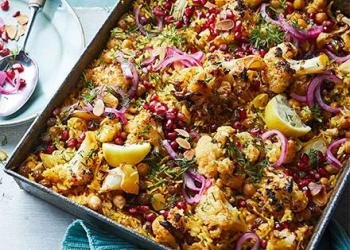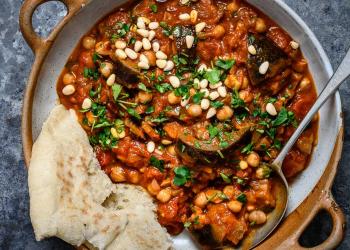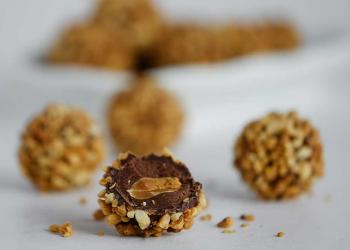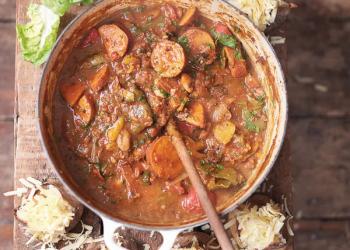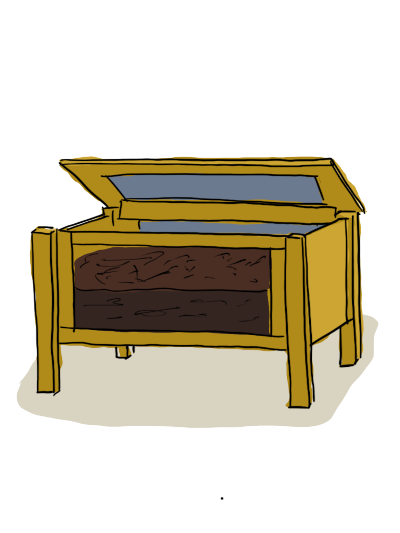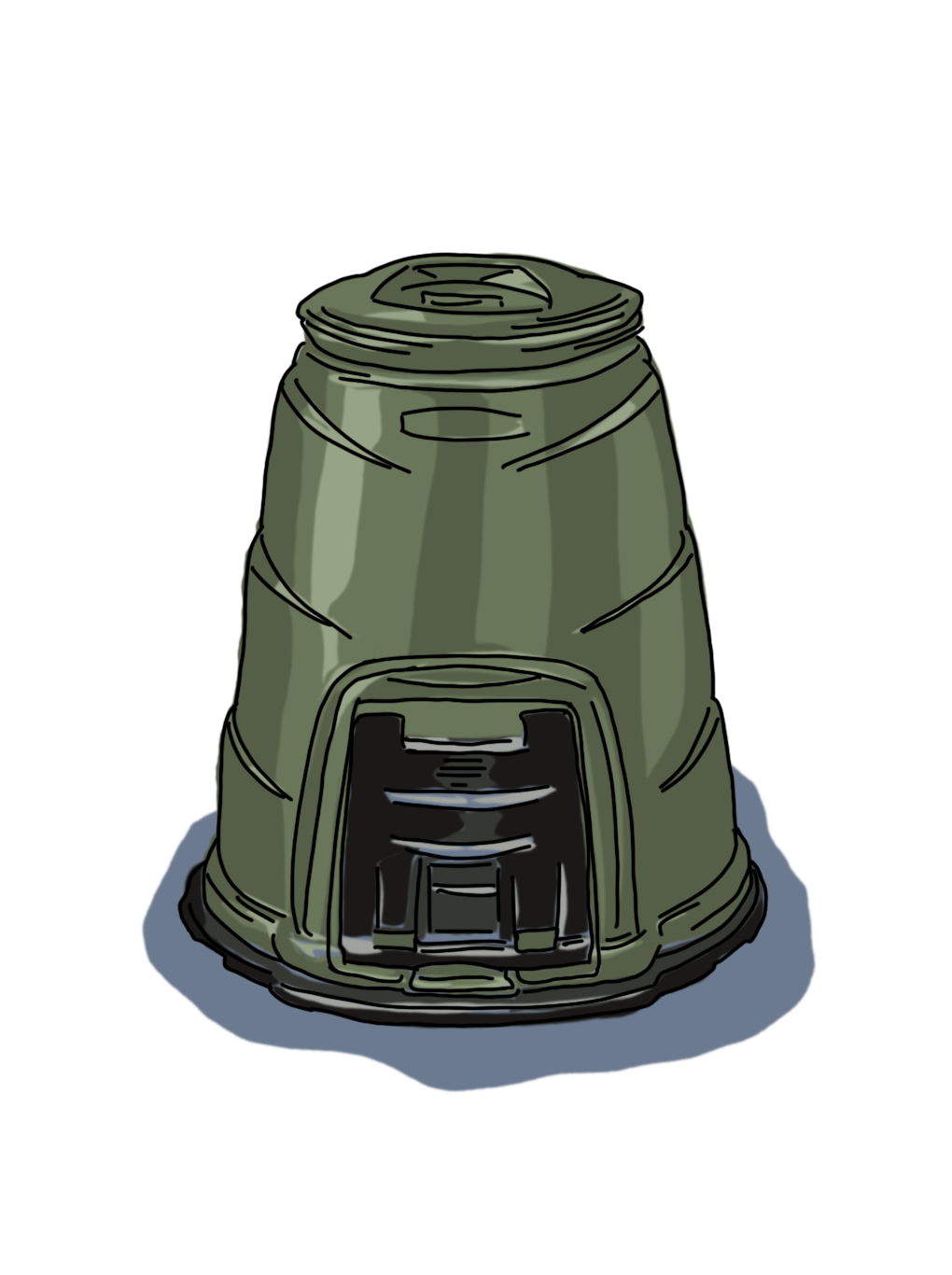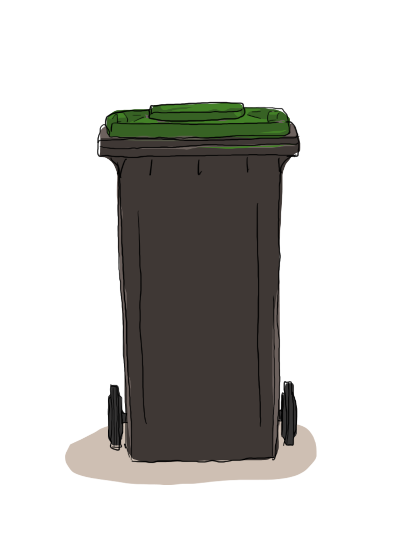Sustainable Diet - Food production is the single biggest threat to nature today.
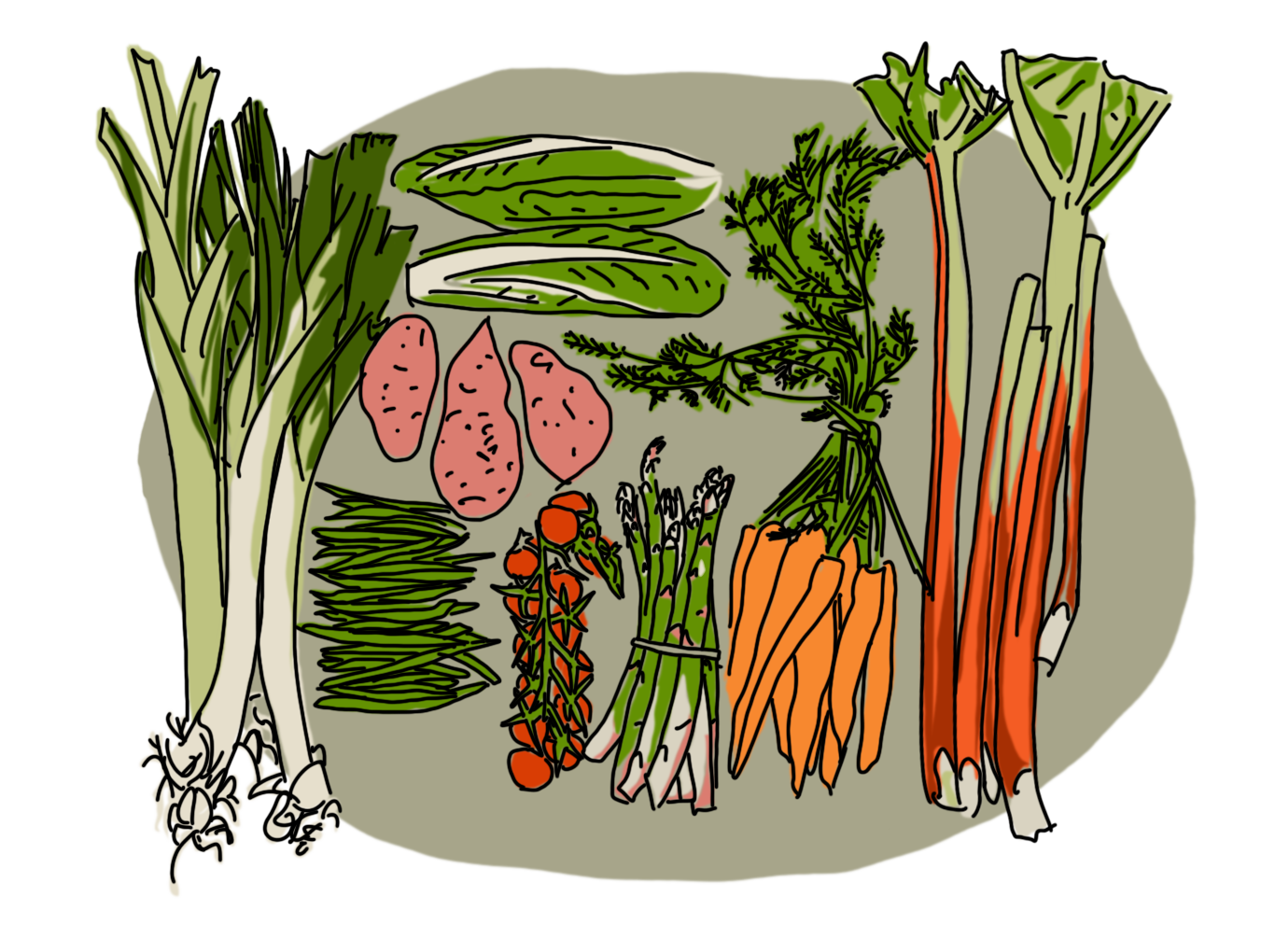
Producing the food that we eat emits a quarter of global greenhouse gas (GHG) emissions with more than half of these emissions coming from animal products.
Getting food onto your plate requires fossil fuel energy. The fossil fuels are required to grow, harvest, process, and distribute food, which makes up a significant part of the food's footprint. In industrial agriculture, crops are dependent on large amounts of nitrogen fertilizers, petroleum-based agricultural chemicals, pumps that run irrigation, diesel for machinery, and oil for food distribution across the world.
By reducing your meat, fish, egg and dairy consumption you will have a massive impact for your own health and for the planets health. You don’t need to go completely vegetarian or vegan to make an impact, try swapping out a few animal-based meals a week for plant-based alternatives.
Looking for inspiration?
Try these easy and delicious recipes to get started
Expand your vegetarian repertoire in the kitchen and explore these easy and delicious recipes.
Be a conscious consumer
- Shopping local and buying seasonal produce reduces means you get fresher and healthier food which supports local farmers and communities.
- Look out for sustainable certifications.
- Use natural, biodegradable and non-toxic cleaning chemicals where possible.
- Do your research and support sustainable brands and businesses.
Reduce Food Waste
- Plan your meals so you only buy what you need
- Keep an eye on use by and best before labels – make use of the freezer
- Get creative with leftovers
- If you do throw away food, make use of your local food waste recycling collection service.
Food Waste & Composting
Recycling food waste via the cities food waste collection service is very important as it generates biogas and fertiliser which can be used agriculturally whilst reducing methane emissions. By recycling food waste properly valuable energy can be created from it.
What can be composted at home?
You can order your own Home Composting Kit from Dundee City Council for a small fee, more information below. Home composting kits can accommodate a wide variety of food types. For really good compost you need a 50/50 mix of green materials like grass clippings, fruit and vegetable peelings, and brown materials like egg shells, small branches and twigs, autumn leaves and scrunched up paper. There are some materials that cannot be composted including cat and dog waste, nappies, glass, plastic and metal.
Which food waste collection is available?
Food waste collections are available to all households in Dundee. Two systems are in operation; kerbside (where residents present a food waste caddy) and flatted (residents deposit in a communal food waste container).
More Resources
Food Resources
Can be found here....
Sustainable Dundee Map
Visit the Sustainable Dundee Map to find out what happens locally



